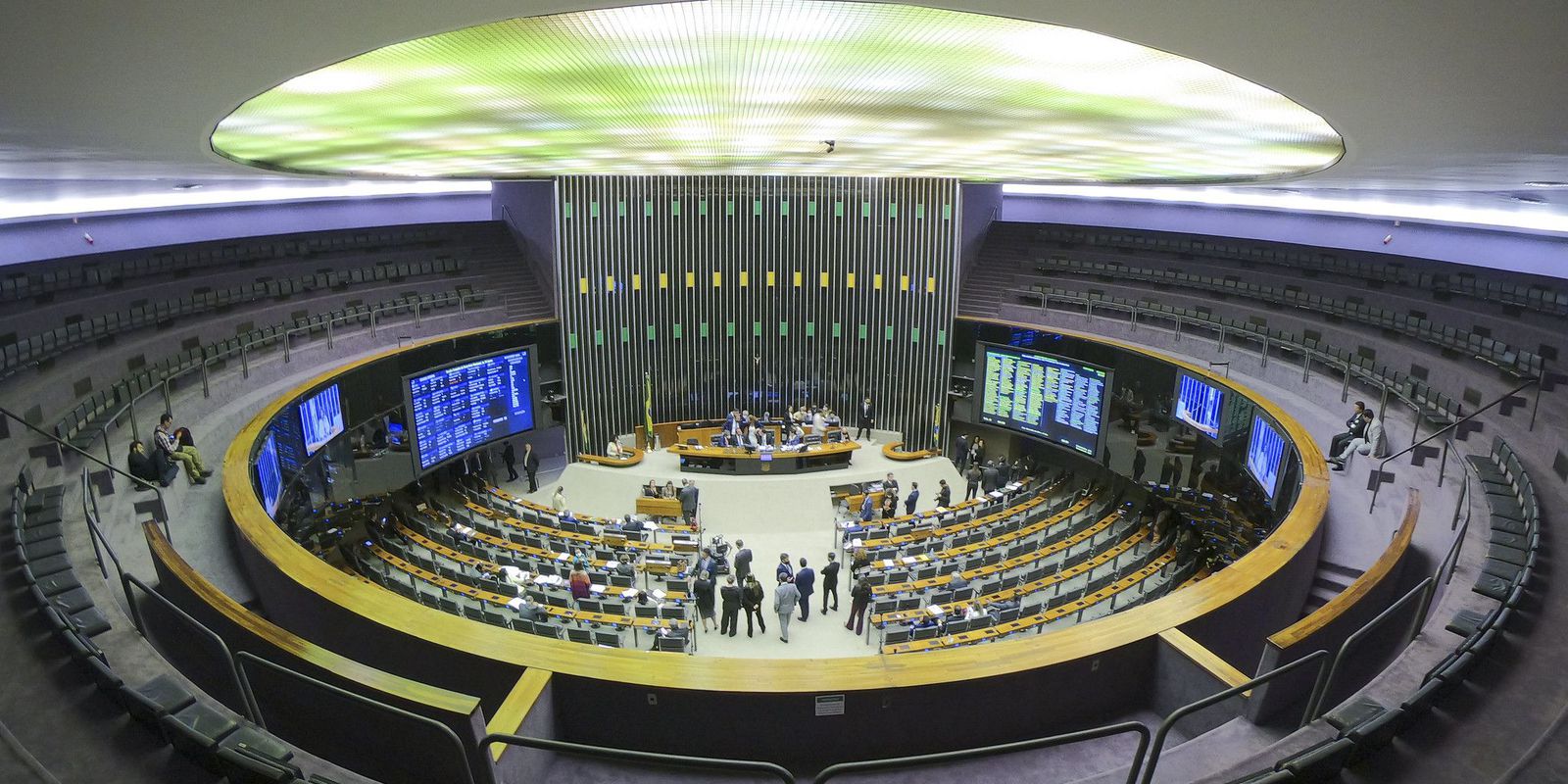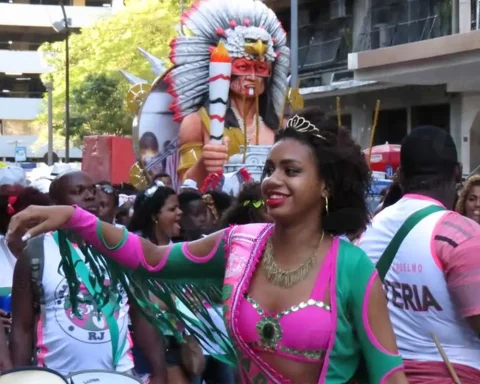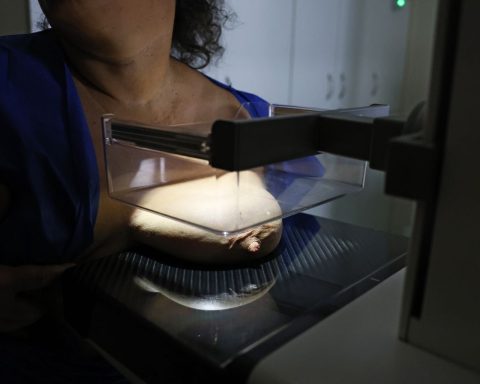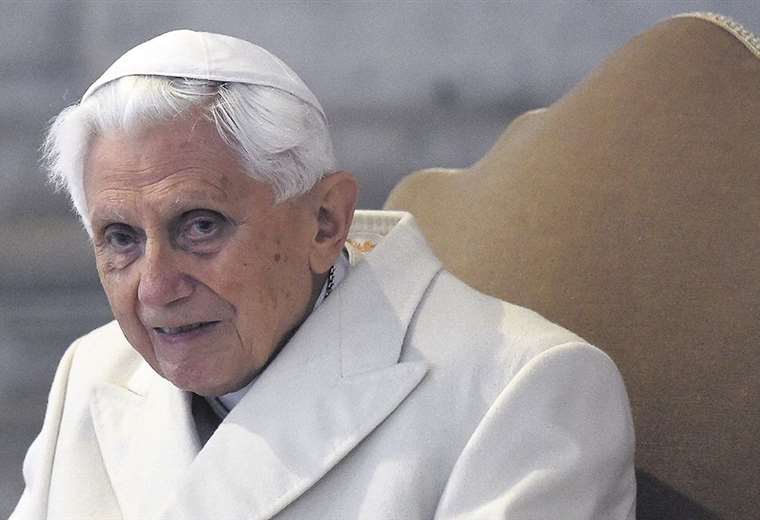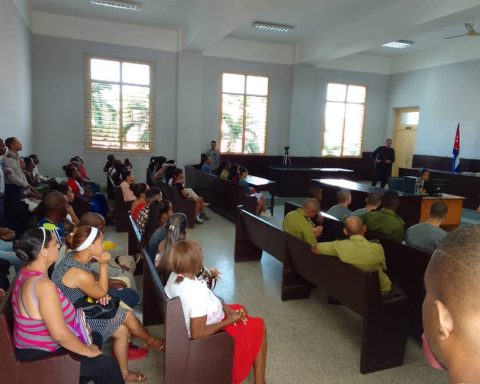The president of Congress, Senator Rodrigo Pacheco (PSD-MG), decided to suspend the session of the National Congress today (11), with the expectation of resuming it tomorrow (12), at 10 am. Pacheco made the decision after seeing disagreements over the vote on the Budget Guidelines Law (LDO), especially on the section that provides for the continuation of the budget rapporteur-general amendments, known as the secret budget or RP 9.
Earlier in the session, Pacheco had responded to a request for a reversal of the agenda to vote on the LDO before some vetoes, which were pending from last week’s session. Some parties have complained, arguing that vetoes lock the agenda and should be voted on first.
The discussion of the voting order ended up getting mixed up with its own merits, in this case, the section dealing with the secret budget. Understanding that there was no agreement for the LDO, and not even on the inversion or not of the agenda, Pacheco decided to suspend the session until the morning of the following day.
LDO
The LDO outlines the government’s priorities for the coming year and guides the preparation of the Annual Budget Law. The text of the rapporteur, Senator Marcos do Val (Podes-ES), approved by the Joint Budget Committee at the end of the month In the past, it made the implementation of the RP 9 amendments mandatory. These resources, which total R$ 16.5 billion this year, could reach R$ 19 billion next year.
According to the text, the indications and the order of priority of the rapporteur’s amendments will be carried out by the rapporteur himself and by the chairman of the Joint Budget Committee in office this year. Currently, the signature of the RP 9 amendments is done only by the general rapporteur. All nominations must bear the name of the requesting parliamentarian, even if it has been submitted by demand of public agents or representatives of civil society.
The biggest divergence regarding the RP9 amendments, according to its critics, has always been the lack of transparency in relation to who receives them and what amount is transferred. Deputies or senators who receive money from amendments must invest it in the states in municipalities, such as, for example, in building schools, renovating highways or hospitals.
Obligation of RP9
After a meeting between leaders this Monday, the rapporteur agreed with the withdrawal of the mandatory amendments of the general rapporteur of the LDO. “I want to make it clear that we want to make an oral addendum, from the Plenary, on top of meetings we had with peers, in a democratic way, with consultants, with advisors, and the number of highlights that were presented were the points on which my decision was based. So, I am immediately suppressing Article 81-A, from the Commission’s opinion, regarding the imposition of RP-9”, said Marcos Do Val.
Senator Oriovisto Guimarães (Podemos-PR) asked for the floor to argue that the imposition had not been removed from the text. “Senator Marcos do Val did not withdraw his imposition. To remove the imposition, it is not enough to remove the 81-A, it is also necessary to remove the Article 13, where it is said that the Executive will have to make a reserve of resources in the order of R$ 16 billion to pay RP9. So, it’s another way of putting imposition.”
The president of Congress defended the transparency mechanisms adopted by the Joint Budget Committee to identify the indications of the rapporteur’s amendments. “I dare say that the amendments by the rapporteur of the National Congress are more transparent than the RP 2 of the Executive Branch, which had the entire Budget in its hands”, said Rodrigo Pacheco.
Expenditure Ceiling and Public Safety
The LDO allows the National Congress to use the most up-to-date projection for the Extended National Consumer Price Index (IPCA) 2022 to correct the calculation of the federal spending ceiling for 2023, which in the LDO project is estimated at R$ 1.711 trillion . In this way, it will no longer be necessary to use the projection that must be informed by the Ministry of Economy on November 22.
The approved text also authorizes the restructuring and salary recomposition of the Federal Police, the Federal Highway Police and the Penitentiary Police, in addition to the Civil and Military Police and military firefighters of the Federal District.
The filling of positions and functions related to the current competitions of these careers was also authorized, up to the amount of the amounts and budgetary limits of the budget law for 2023. The proposal prohibits readjustment of food or meal and preschool assistance in a higher percentage to the accumulated variation of the IPCA since the last review of each benefit.
